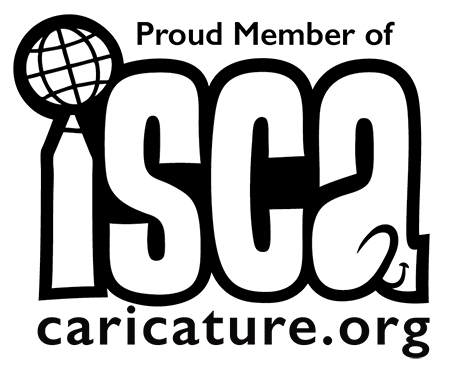MAD-ly Historical Inaccuracies
The other day I was talking to someone about MAD‘s history and had to correct them about something that is a persistent inaccuracy about why MAD went from a comic book to a magazine: the mistaken belief that the 1954 congressional hearings on comic books and “juvenile delinquency” had anything to do with it.
For some reason people think that Harvey Kurtzman and Bill Gaines changed MAD from a comic book to a magazine in order to avoid having to adhere to the then newly formed Comics Code Authority, a self-censoring body the comic book industry created to avoid the government censorship that was on the horizon following the congressional sub-committee hearings. That is not the case. The following clip from the History Channel gets it wrong, as so many others do.
The main reason for the change was because Harvey Kurtzman was never happy working in comics as the medium, targeted to kids and printed cheaply on bad paper, was looked down on as low-brow fodder. He wanted to work on a “slick”, as more prestigious magazines were then called because they were printed on glossy, “slick” stock. He had been lobbying Bill Gaines to make MAD a “slick” well before the Comics Code Authority reared its ugly head in 1954. Gaines refused mainly because of the expense and complexity of producing such a publication. After the hearings Gaines did NOT immediately stop publishing his E.C. titles (including MAD), but he could not get the CCA approval stamp and retailers refused to carry them. He discontinued the horror titles, which up until then had been the big money makers of the E.C. line of comic, renamed his main sci-fi title, and concentrated on his “New Direction” line which included M.D. and Psychoanalysis. MAD by then had (after starting out slow) caught on and was E.C.’s last remaining real success. The problem with MAD was that Kurtzman was still unhappy doing a lowly comic book. When Kurtzman was offered a job with the prestigious Pageant magazine as editor Harris Shevelson‘s right-hand man, Harvey went to Gaines to say he was going to take the job. Gaines recognized that without Harvey MAD was likely done, so he offered to do what Kurtzman had previously wanted… change MAD into a “slick”. It was blind coincidence (and good fortune) that the timing of that move also avoided the new Comics Code Authority entanglements. The real reason behind the move was to make Harvey Kurtzman happy and keep him with E.C. and MAD.
Of course, that only lasted for so long. In 1956 Harvey demanded a 51% share of MAD‘s ownership or he would quit (having a job offer from Hugh Hefner in his hip pocket, unbeknownst to Gaines). Gaines would not give up ownership of the magazine, so he let Harvey walk and hired Al Feldstein to take over. The rest, as they say, is history.
I have to give a tip o’the hat to my pal Mark Evanier for posting this video clip a week or two ago on his excellent blog, and for also setting the record straight on this issue, and to Maria Reidelbach and her book Completely MAD, which also gets it right.
Comments
Tom's Newsletter!
Sign up for Tom's FREE newsletter:
Categories
- Classic Rock Sketch Series (60)
- Daily Coronacature (146)
- Freelancing (173)
- General (1,658)
- Illustration Throwback Thursday (107)
- It's All Geek to Me! (53)
- Just Because… (1)
- MAD Magazine (918)
- Mailbag (691)
- Monday MADness (454)
- News (1,044)
- On the Drawing Board (160)
- Presidential Caricatures (47)
- Sketch O'The Week (849)
- Stuff from my Studio (21)
- Surf's Up Dept. (29)
- Tales from the Theme Park (17)
- Tom's MADness! (149)
- Tutorials (18)
- Wall of Shame (17)











Actually, Harvey Kurtzman quit and moved to California to start MAD-TV.
But the show was cancelled because Cartoon Network demanded a live broadcast, and Kurtzman simply couldn’t draw the animated parodies fast enough.
Back at MAD’s offices inside the Statue of Liberty, Bill Gaines sold MAD Magazine to Bruce Wayne of DC, and used the money to invent Gaines-Burgers dog food. That’s why artist Ray Alpo was forced to change his name to Alma, to avoid confusion in the marketplace.
Next time, get your facts straight.
I just saw the “Comics Code” myth repeated again last weekend on “Pawn Stars.” Possibly the story is just more satisfying that way, as it lets the teller work in the Senate hearings, etc and sound more scholarly. Never mind that it’s wrong.